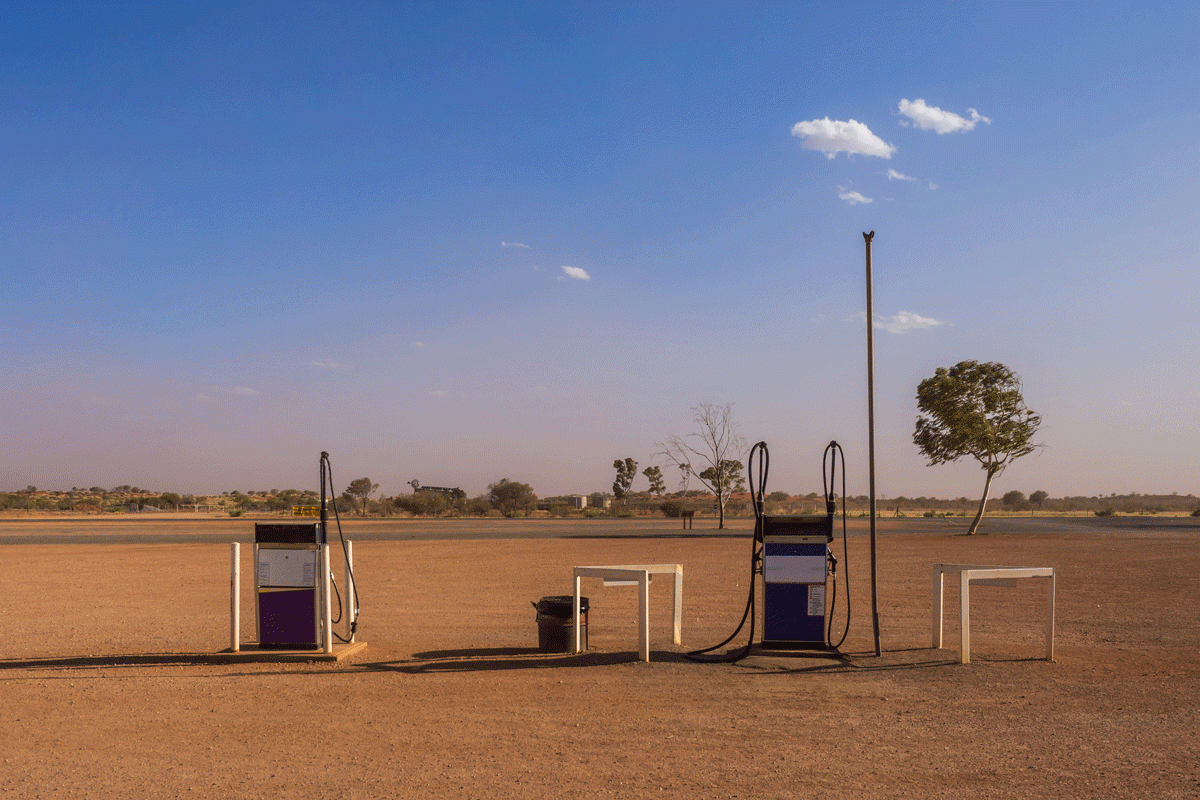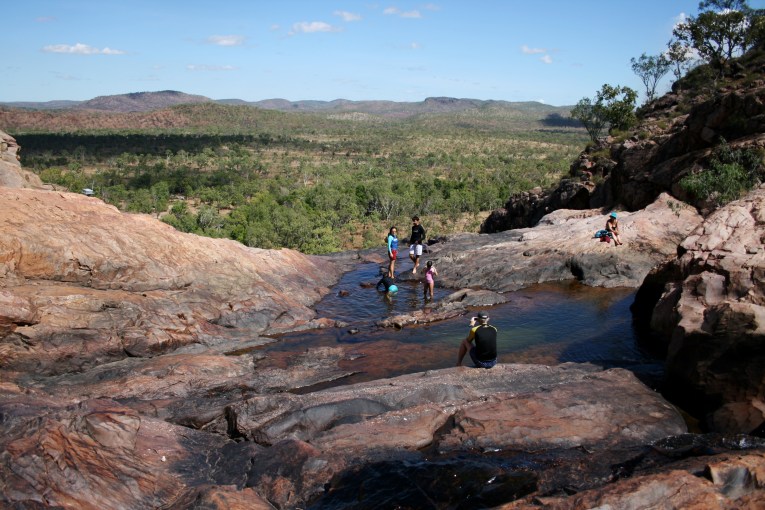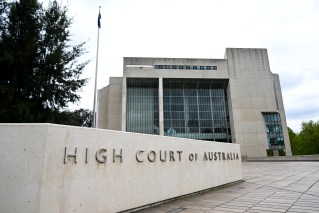Australia’s fuel security risk: Why our petrol reserves are running low


Australia's diminished petrol stockpiles put the nation in a vulnerable position, experts told The New Daily. Photo: Getty
Australia’s fuel stockpiles have dwindled so much that it could affect the country’s ability to react to a crisis, experts have warned.
Latest figures reveal the country’s onshore storage levels of crude oil are little more than half that of the minimum requirement, putting Australia in breach of international obligations – and at severe risk.
Department of Energy data in October showed Australia had enough fuel stockpiled to last 56 days if all imports and domestic production ceased.
As a member of the International Energy Agency (IEA), Australia is bound to hold 90 days’ worth of crude oil in reserve that can be drawn upon or shared in cases of “disruptions” to global oil supply.
Director of the Centre for Energy and Natural Resources Law at Deakin University Samantha Hepburn accused the federal government of “acting with complacency” towards Australia’s fuel security and putting the nation in a “vulnerable position”.
“Risks – specifically those that have the capacity to disable civil society – need to be properly assessed and security measures taken,” Professor Hepburn said.
“This is increasingly imperative in a sector rife with disruption from geopolitical tensions.”
In May, then-energy minister Josh Frydenberg ordered a review into Australia’s liquid fuel security to “help inform Australia’s plan to return to compliance with the International Energy Agency’s emergency stockholding obligations by 2026”.
“Australia’s liquid fuel supply increasingly depends on overseas sources and relies on market forces to maintain reliability and affordability,” Mr Frydenberg said at the time.
The review was originally due to be completed by the end of 2018, but is still to be finalised.
Associate Professor of National Security and Strategic Studies at Curtin University Alexey Muraviev said Australia is “playing Russian roulette” with its fuel security.
The volume of fuel reserves has a “direct impact on the state’s national security and sovereignty”, he said.
“It’s effectively an insurance that demonstrates a state’s capacity to maintain its operations in times of crisis.”
Australia’s diminished stockpiles hamper its ability to “perform as a sovereign nation” should a geopolitical crisis disrupt the international supply chain, Dr Muraviev said.
“If a nation has stockpiles for 10 days, after that there won’t be any resources to fuel cars, to power generators, or civilian and military machinery,” he said.
As an island nation, Australia’s only means of sourcing fuel is through maritime shipments, with much of our supply coming from the Korean peninsula.
“We’re living through a massive shift in the international system, and any shift in that is driven by growing instability and uncertainty … to rely on inadequate stocks of fuel – an indicator of our sovereignty and national security – that’s too optimistic,” Dr Muraviev said.
90-day requirement ‘arbitrary’: Grattan Institute
Energy program director at independent think tank the Grattan Institute Tony Wood dismissed national security concerns over Australia’s dwindling reserves, describing the IEA’s 90-day requirement as “arbitrary” and outdated.
“The world has changed. The diversity of supply we have now protects us,” Mr Wood said.
“We’ve got several weeks of supply on the ocean – if one of those ships got caught in a horrible storm or there was a blockage in a channel that a ship had to travel through, then we would simply get petrol somewhere else. The likelihood of it all going bad at any one time is low.”
One of the reasons Australia has allowed its compliance with the IEA obligations to lapse is that most of our oil refineries have shut down as petrol can now be produced at lower cost overseas, Mr Wood said.
The cost of increasing our onshore fuel reserves to the mandated 90 days has therefore become too high, and would involve opening new oil refineries, building a sophisticated storage facility, and potentially imposing a levy on motorists, he said.
“The reserves are not to protect our own supply, but to participate in a global response to a problem. So there’s no reason why that can’t be located somewhere else – that would be cheaper than building a big new system in Australia,” Mr Wood said.
He likened the government’s decision not to meet the IEA obligations to choosing whether to take out insurance.
“It is a risk, and we manage the risk by properly assessing it and deciding what to do about it,” he said
“In this case, the cost of trying to insure against it is so high that you’d rather not.”








